Episode 1: Roots of Revival: The Crisis and the Promise
 Paul Ishaili
Paul Ishaili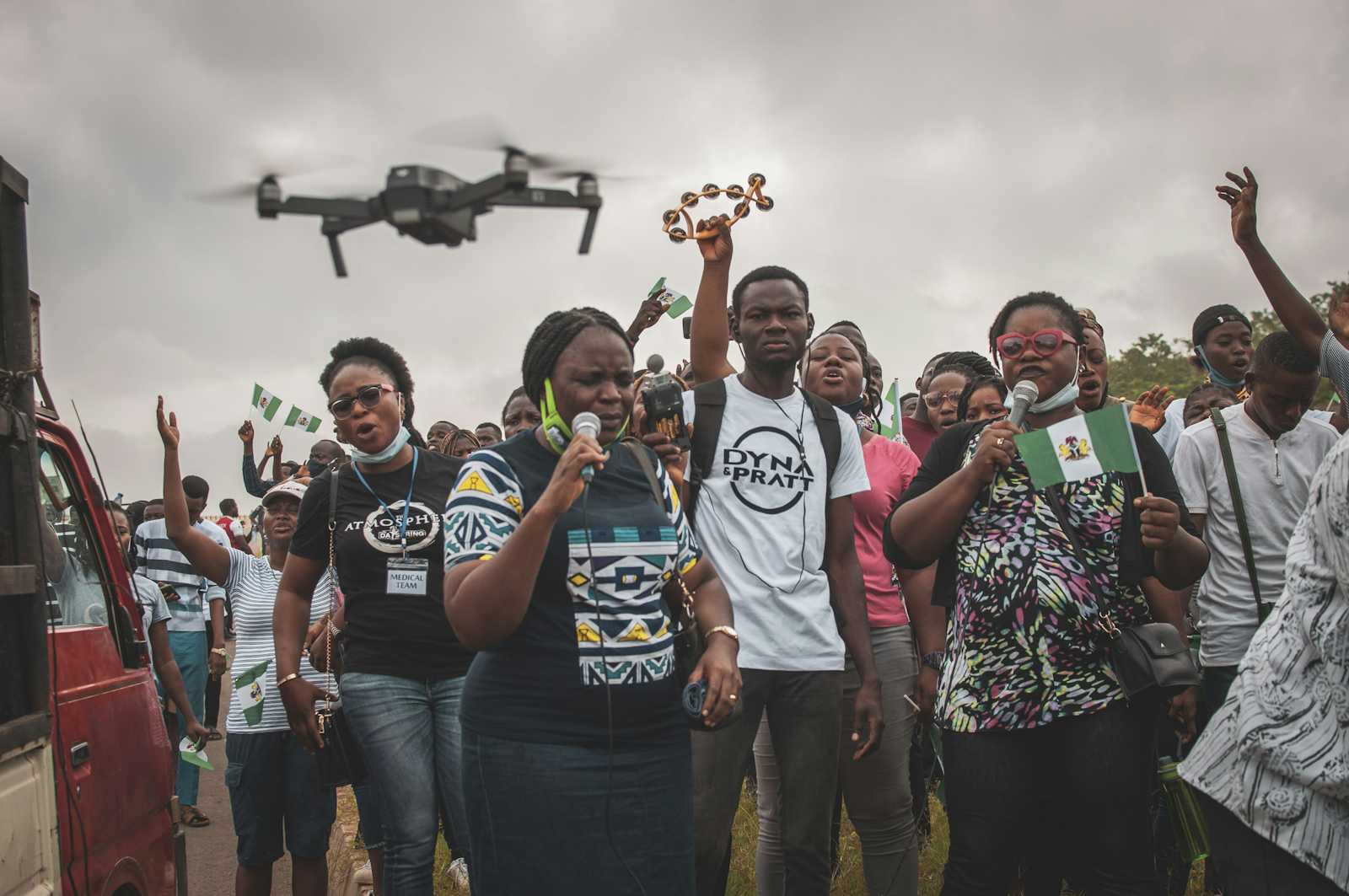
It’s dawn in a Lagos market, and 22-year-old Chinedu paces by a stall stacked with yams and secondhand radios. His hands are empty, his last job—a delivery gig—vanished when fuel prices spiked.
He’s one of 33% of Nigerian youth without work, a statistic that gnaws at his dreams of building something, anything, to lift his family from their one-room home.
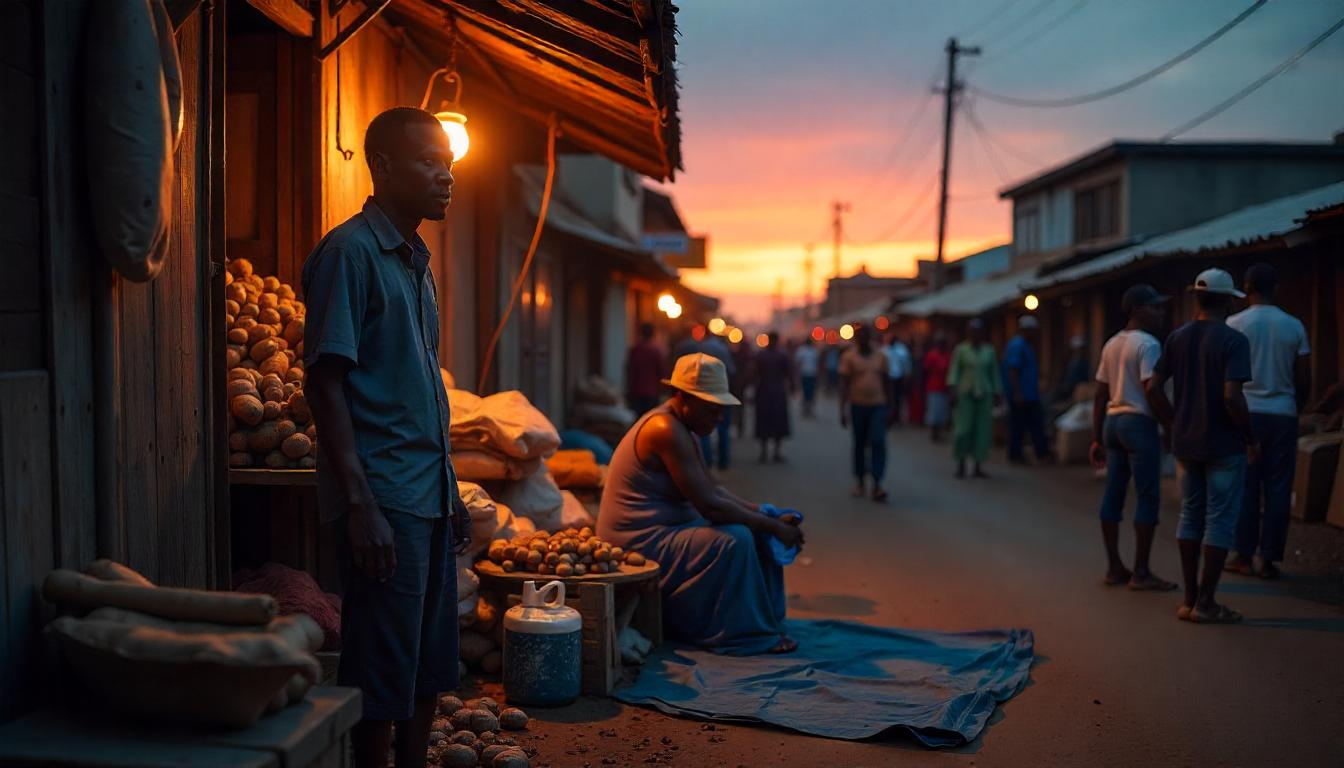
Across the city, Mama Ayo, 45, sits under a flickering lantern in Oshodi, her fingers tracing indigo patterns onto a cloth. Her Yoruba weaves are art, but they pile up unsold—her market is neighbours who barter more than buy.
This is Nigeria today:
a giant pulsing with talent, yet buckling under an economic crisis that threatens to swallow its promise whole.
The numbers tell a brutal story.
Over 80 million Nigerians—40% of the population—live below the poverty line, scraping by on less than $1.90 a day.
Oil, the nation’s lifeline for decades, teeters as global demand shifts to renewables, leaving an economy over-reliant on a single, shaky pillar.
By 2050, Nigeria’s population will surge past 300 million, with 60% under 25—a youthful tidal wave that could either propel us forward or drown us in despair.
Add to that 65 million adults who can’t read or write, and the stakes sharpen:

a generation brimming with energy, shackled by crumbling roads, erratic power, and a wealth gap that yawns wider each year.
I’ve walked these streets, and seen the frustration in eyes like Chinedu’s, the quiet resilience in hands like Mama Ayo’s.
It’s a crisis that hits home—because Nigeria is home
But amid the chaos, a question burns:
What if the solution isn’t out there — some foreign fix or fleeting aid — but right here, in our roots?
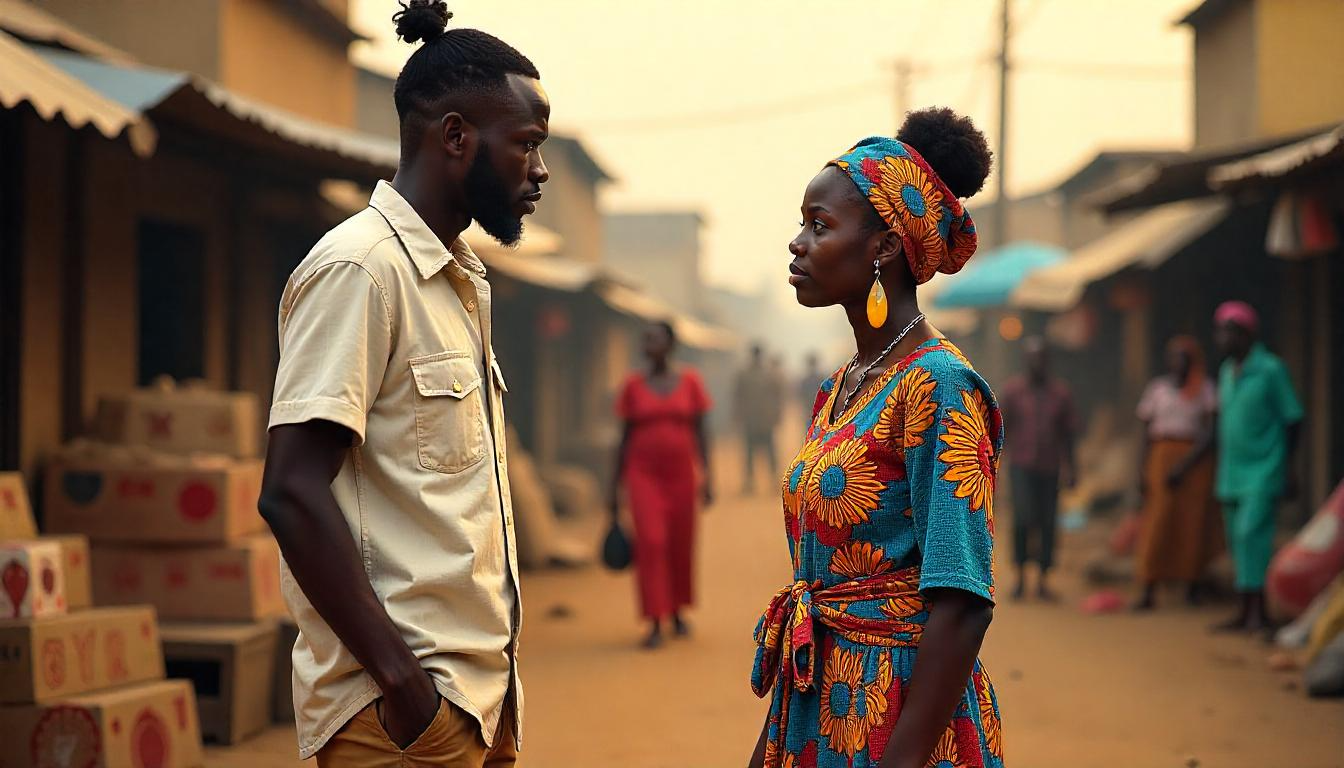
What if social entrepreneurship, blending profit with purpose, could turn our wounds into wealth?
What if ancient wisdom, paired with modern innovation like the Blue Ocean Strategy, could chart a new course?
Imagine a “red ocean”—a bloody battlefield where businesses claw at shrinking profits.
That’s Nigeria’s norm:
Traders like Chinedu’s neighbours fight over scraps, and artisans like Mama Ayo are drowned out by competition.
Now picture a “blue ocean”—uncontested waters where demand is created, not contested.
That’s where social entrepreneurship sails.
SpellAfrica’s Back to School initiative does this in Kano, where volunteers teach adults—parents, traders, dreamers—how to read and write.
Redbank, born in Yaba’s tech hub, where a team digitizes blood banks, cutting wait times from days to hours, saving lives and sparking jobs.
Since 2014, over 443,000 social enterprises have sprouted across Nigeria, 72% in the last decade, driven by youth rewriting the rules.
Pioneers Post calls it a “momentum” moment, with 61% focused on jobs, 68% lifting the poor.
But this isn’t just modern magic
it’s ancient wisdom reborn
In Igbo villages, the Igba Boi system has turned boys into moguls for generations. A 15-year-old apprentices in Onitsha’s market, learning trade’s rhythms—haggling, stocking, saving—until his master “settles” him with goods to start anew.
Today, he might run a chain, his handshake sparking a village’s rise. In Yoruba towns, a “gifts for gifts” ethos thrives: a trader in Ibadan mentors a protégé, sharing networks, expecting loyalty back. Mama Ayo’s unsold clothes?
In this network, someone might’ve linked her to buyers, her skill feeding her family.

Nike Davies Okundaye embodies this—a Yoruba artist who’s trained over 1,000 artisans, mostly women, in adire and crafts, housing them, feeding them, and selling their work in Lagos.
she’s woven a legacy that redistributes wealth quietly.
Now, enter modern innovation: the Blue Ocean Strategy, coined by W. Chan Kim and Renée Mauborgne, urges us to ditch red-ocean rivalry for blue-ocean creation. @Utiva, led by Eyitayo Ogunmola, lives this.

From Lagos, Utiva has trained 45,000 Africans in tech skills—data science, and coding—transitioning them into global jobs. Its “EyiEko Project” targets 10,000 Nigerians and 5,000 widows, pairing education with microfinancing. It’s not just schooling; it’s a new market, empowering those left behind, echoing Igba Boi’s mentorship and Yoruba’s community lift.

Solar Sister’s 3,000 women sell solar lamps across 27 states, fighting energy poverty.
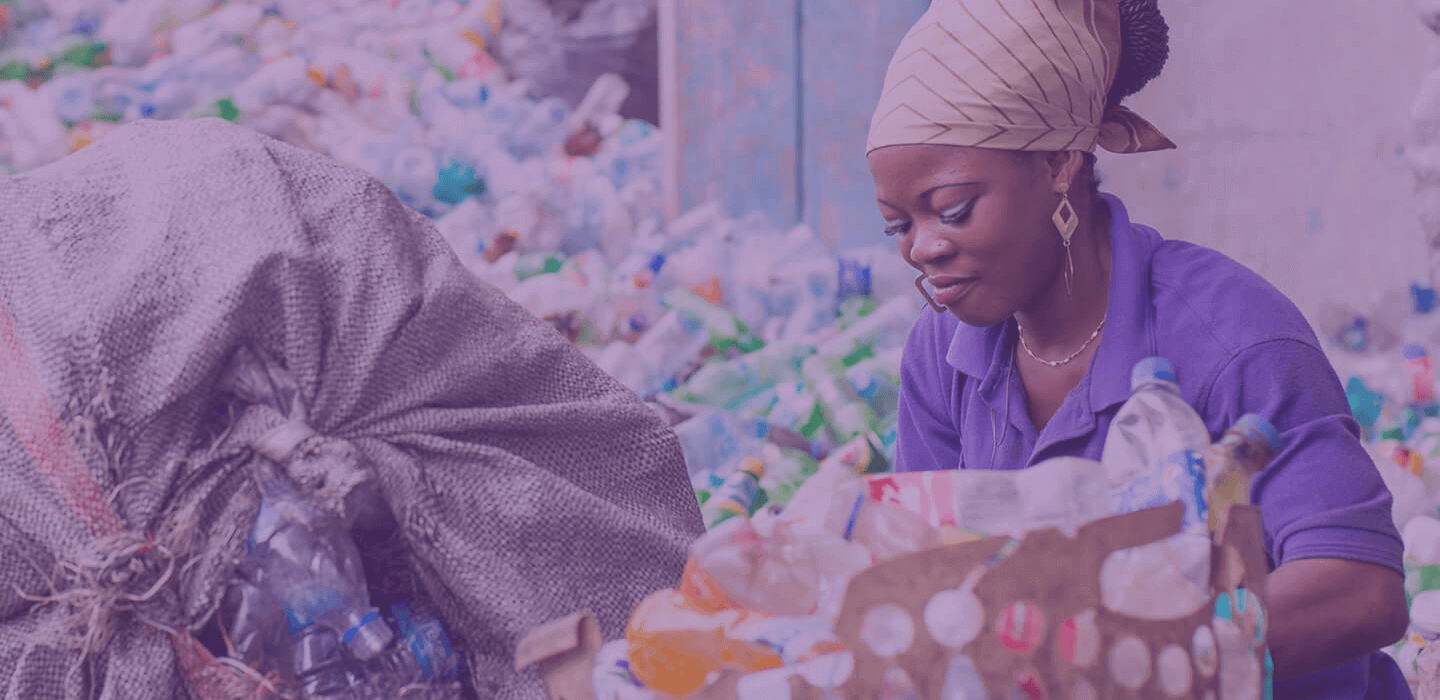
Wecyclers turns Lagos trash into cash, employing locals to clean and profit. Each carves a blue ocean, rooted in Nigeria’s past, scaled for today.
Why does this matter?
Because Nigeria’s crisis is Chinedu’s empty hands, Mama Ayo’s unsold stacks, the 80 million who deserve more.
Social entrepreneurship, fusing ancient systems with strategies like Blue Ocean, isn’t a full fix—but it’s a start.
It’s our resilience, our ingenuity, our roots, reimagined.
Could this hybrid scale save us?
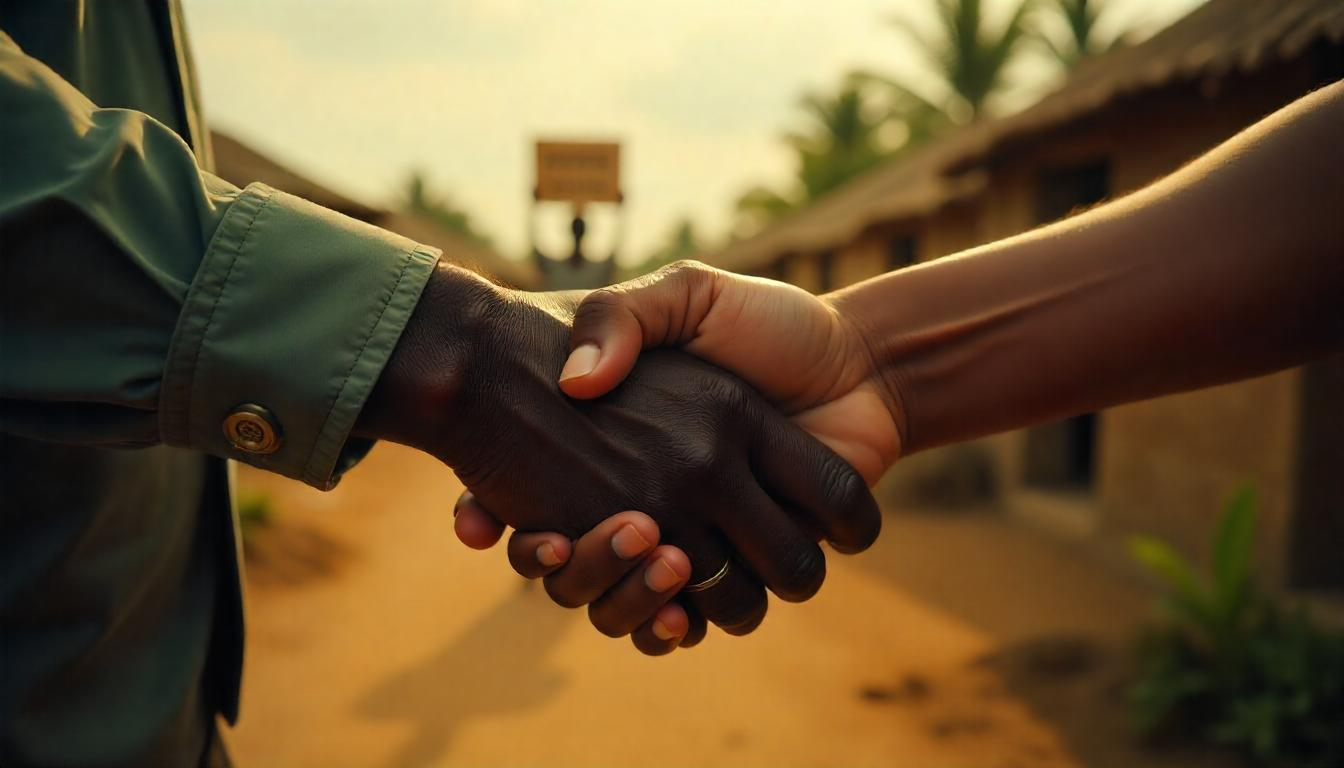
Next week, we’ll dive into Igba Boi’s world, where one handshake can birth an empire. How does it work, and why does it endure?
Join me to find out.
What’s the one challenge Nigeria must crack to rise?
See you soon in the next episode! 👇🏼
Roots of Revival: The Igbo Apprenticeship System – March 28, 2025
Subscribe to my newsletter
Read articles from Paul Ishaili directly inside your inbox. Subscribe to the newsletter, and don't miss out.
Written by

Paul Ishaili
Paul Ishaili
I turn code into impact—building scalable, high-performance solutions that drive business growth. As a frontend engineer and strategist, I specialize in React, Next.js, and SaaS architectures, crafting experiences that are as smart as they are seamless. My work spans SaaS, PropTech, and automation, but my passion is innovation with purpose—mentoring teams, empowering developers, and solving tomorrow’s challenges today. Read my latest posts on front-end engineering, technology strategy, and digital transformation. Let’s connect and create something groundbreaking. 🚀